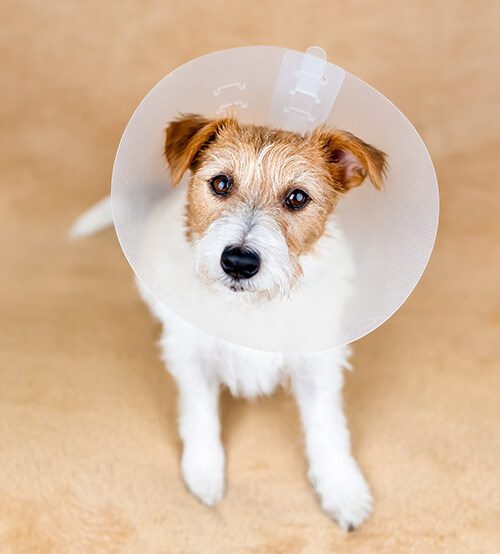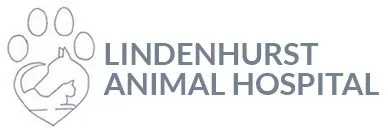The Importance of Pet Spay and Neuter
Spay and neuter surgeries are routine for a reason—they benefit male and female dogs and cats in a variety of ways, including:
- Reducing a pet’s risk for certain types of cancer (mammary tumors, ovarian cancer, testicular cancer, etc.)
- Preventing reproductive problems such as pyometra (uterine infection) or an enlarged prostate
- Limiting or preventing behaviors often triggered by hormones and heat cycles, such as mounting, roaming, vocalizing, and urine spraying
Our foremost goal with spays and neuters is to prevent unwanted litters. Many dogs and cats end up homeless or stuck in shelters, and many shelters have limited resources. By preventing animal pregnancies, we can keep overpopulation under control and ensure a better life for the dogs and cats currently with us.

What to Expect Before Cat and Dog Surgery
Prior to doing surgery, we first perform a complete wellness exam and any necessary diagnostics. This may include blood tests, radiographs, or even an EKG to help us determine if your pet is healthy enough for anesthesia. Once your pet has been cleared for cat or dog surgery, we can proceed as planned.
We also place an IV catheter, which provides us with direct access to the vein so we can administer anesthesia, fluids, and medication. Our surgical suite has equipment to monitor vital signs such as blood pressure, blood oxygen levels, and heart rate. We monitor our patients before, during, and after surgery. At the end of surgery, we use laser therapy on incisions or any dental procedures to decrease inflammation and aid in healing.
What to Expect After Cat and Dog Surgery
After surgery, we transfer your pet to a recovery area where they continue to be monitored until they are fully awake. Then we will contact you to advise you on your pet’s status and schedule a release time for picking them up. We will provide you with at-home care instructions and pain medications.
Keep in mind, your pet will likely be sluggish as a result of the anesthesia, and this is completely normal. However, if you have any questions during your pet’s recovery, don’t hesitate to call us at (847) 356-1516. We’ll be glad to help and make sure you’re comfortable providing your pet with the post-surgical care they need.
